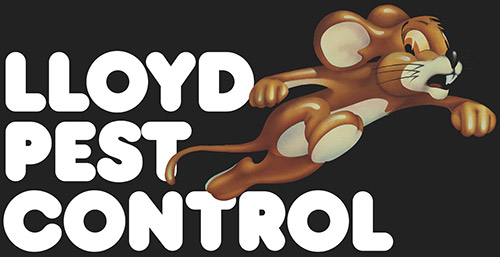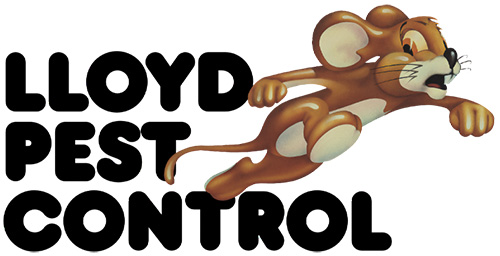Stinging Insects Thrive in Autumn
As the crisp weather arrives and the summer season comes to an end, don’t assume that stinging insects will soon disappear. Lloyd Pest Control, a pest management company servicing Southern California, warns that stinging insects tend to be more aggressive during the early fall as they gather food for the winter months ahead.
Most people associate stinging insects with the hot summer months, but as the cooler weather approaches, people still need to be aware of the dangers posed by yellow jackets, bees and wasps. If provoked, these pests can sting repeatedly, which increases the potential for skin irritation or a serious allergic reaction.”
Experts at the National Pest Management Association, a nonprofit organization committed to the protection of public health, food and property from household pests, recommend that homeowners inspect their properties frequently for signs of an infestation. Common stinging insect nesting sites include under eaves, on ceiling beams in attics, garages and sheds, and under porches.
Follow these tips to avoid being stung:
1. Wear shoes, especially in grassy areas.
2. Keep windows and doors properly screened.
3. When dining outside, keep food covered until ready to eat.
4. Remove garbage frequently and keep trashcans covered.
5. Overseed grassy areas to get better coverage, as this will deter ground-nesting insects.
6. Do not swat at a stinging insect as it increases the likelihood of an aggressive reaction.
7. Seek immediate medical attention if stung, as reactions can be severe.
Attempting to remove a nest or hive without the help of a professional can be extremely dangerous. It’s important to contact someone with proper training to rid the property of these pests.”
For more information on stinging insects, give us a call at 1-800-BAD-BUGS.






